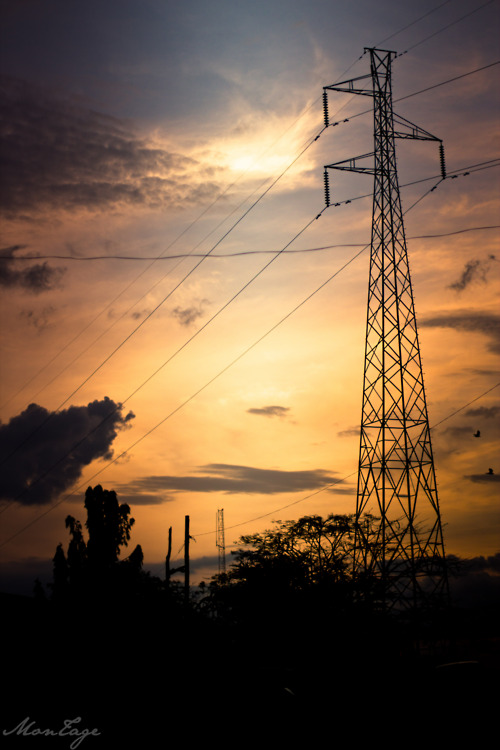
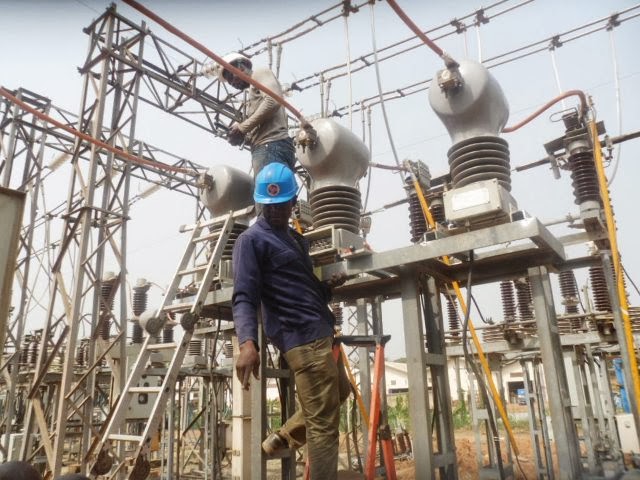
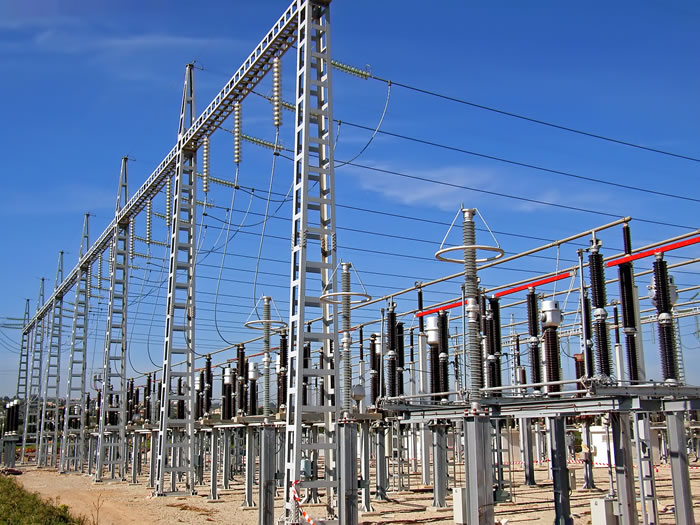
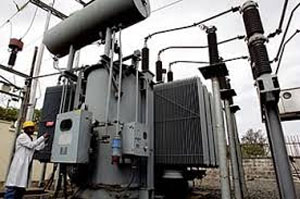
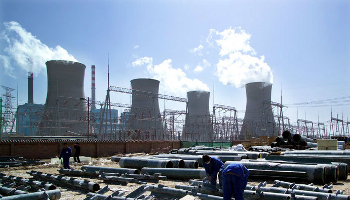
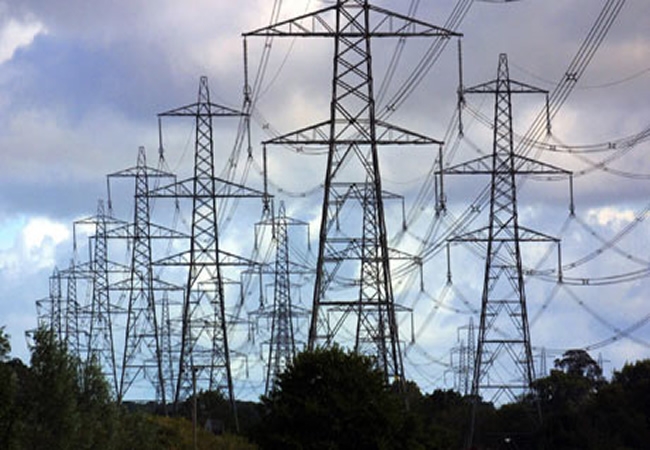
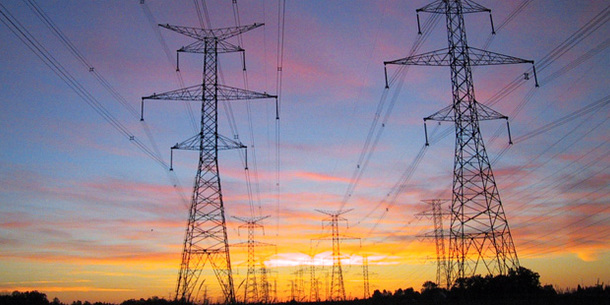
Electricity Production and Transmission
Investment Opportunities, Industries and Sectors
Ghana’s energy need is rapidly increasing as a result of the continuous economic and population growth. The energy infrastructure, both on production and transportation side, is under-developed that offers great opportunities for investment. The government and the public institutions have realised that they cannot tackle the energy deficit alone. For this reason, policies, legislation and special directives were put in place to support the foreign capital inflow into the sector.
About 66% of Ghana’s population has access to electricity. At the northern part of the country this is only 36%. The majority of Ghana’s energy sector, the electricity production, transportation and sales/marketing, is controlled by state institutions, but about 12% of the electricity is produced by Independent Power Producers (IPPs). In an effort to increase the production capacity through private capital inflows, the IPP system has been developed in the mid-2000s. This was in line with the energy sector’s privatization agenda. The IPPs are allowed to build, operate and control these power plants.
Besides the production, companies are needed to provide street lighting equipment, alternative decentralized sustainable energy system that can easily be deployed in remote and deprived communities and fed into the overall national energy mix and supply energy-monitoring equipment for power monitoring and tariff analysis.
